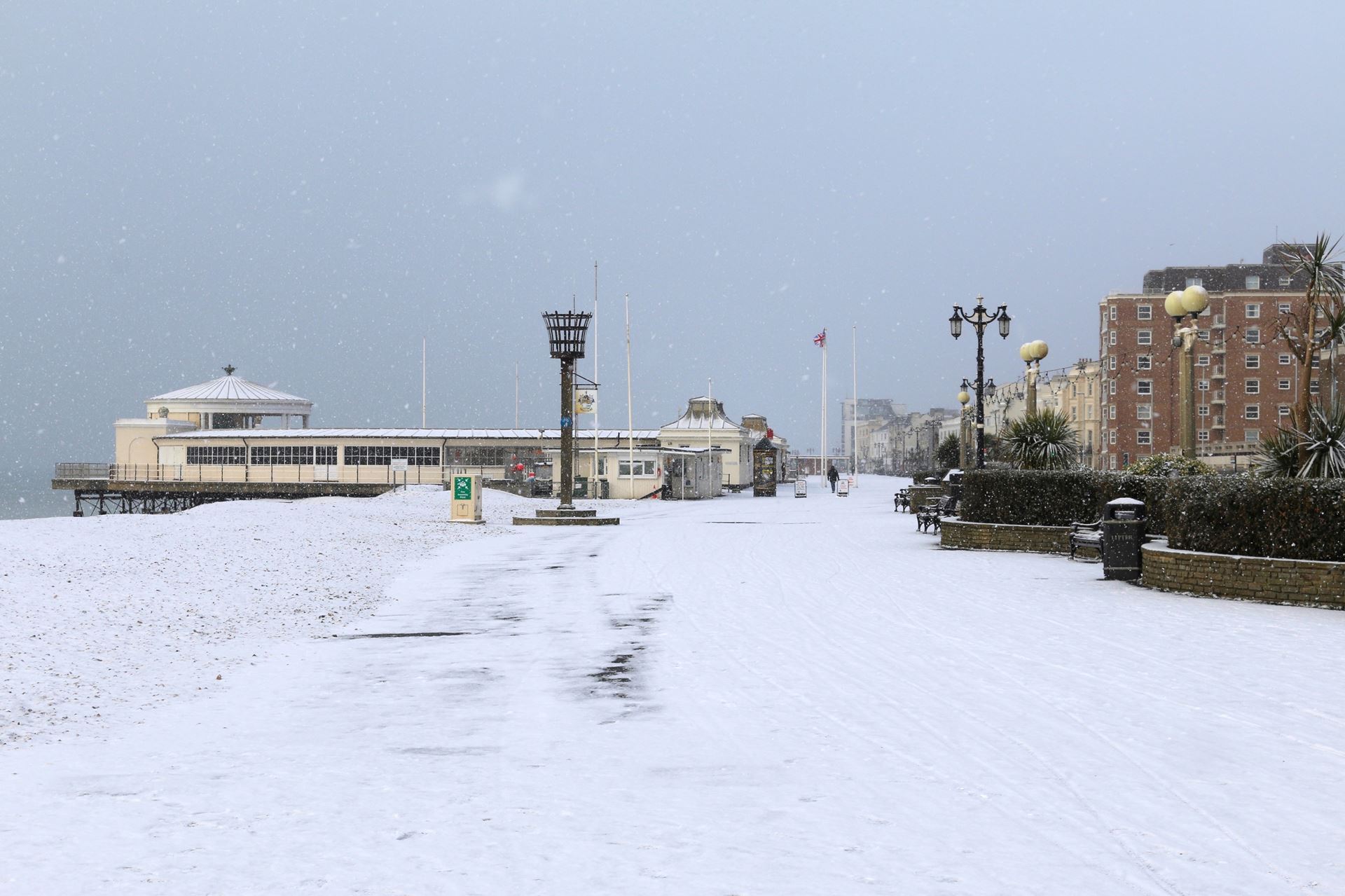Support for Adur & Worthing rough sleepers stepped up
With temperatures set to plummet over the weekend, Adur & Worthing Councils and partners are stepping up its support for rough sleepers.
From today (Friday 29 November 2019), in addition to the two night shelters already running in Worthing staffed by expert teams and volunteers co-ordinated by Storm, the Councils are activating Severe Weather Emergency Protocols (SWEP).
This releases funding to enable Turning Tides to provide extra overnight accommodation for those in need while the Councils Outreach teams, supported by Worthing Tabernacle, will also provide a drop in from 7am to 9am when the shelters close and until day services are open.
 Councils staff will also continue to be out and about ensuring that vulnerable individuals are directed to relevant services.
Councils staff will also continue to be out and about ensuring that vulnerable individuals are directed to relevant services.
Businesses and residents are also encouraged to play their part. This includes:
- connecting rough sleepers to local support services via the Streetlink app. The reports are checked and responded to by Adur & Worthing Councils Outreach staff and Rough Sleeper Coordinator.
- buying those on the street food and hot drinks rather than gifting money
- reporting any instances of antisocial behaviour to the police
A spokesman for Adur & Worthing Councils said: "While the numbers of rough sleepers in this area is low, it is vital that we are able to work with our partners to step up support for those in need during times of freezing conditions.
"At the moment, it is predicted that SWEP will be activated for four nights but we will continue to monitor the situation.
"In addition to the extra accommodation and drop-in, our specialist team of outreach and support staff will continue to be out every day to ensure that all those in need are directed to a dedicated shelter."
SWEP is a national protocol which recommends that accommodation is available when temperatures are zero degrees or below for three days or more to prevent loss of life.